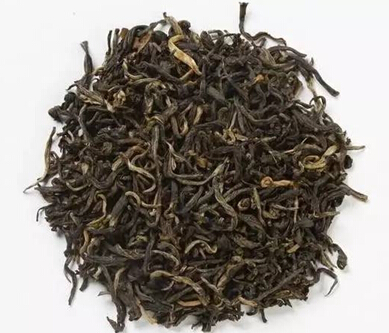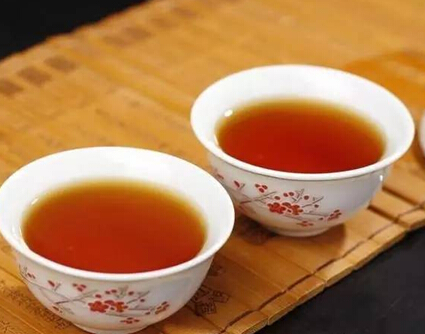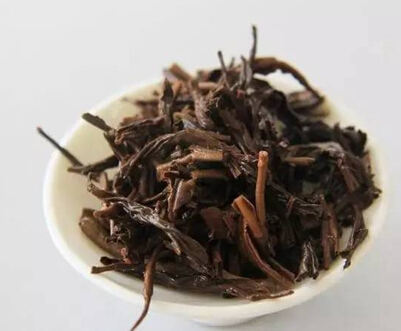Among the six major tea categories, black tea is fully fermented, mild in nature, and rich in flavor, especially known for its stomach-warming effects, making it the most consumed tea in the world today. However, brewing a delicious cup of black tea is not a simple task. In daily life, have you ever experienced your brewed black tea tasting bitter and astringent? Do you know the reasons? The editor, who has considerable research on black tea, will clarify your doubts from the following four points.

1. Excessive amount of tea leaves
Some people prefer strong tea, so they often put a large amount of tea leaves into the cup or gaiwan when brewing. Excessive tea leaves not only make the brewing process inconvenient but also increase the concentration and bitterness of the tea.

2. Using boiling water directly
Black tea is fully fermented, slightly "older" than tender green tea but "younger" than oolong tea and dark tea, so boiling water should not be used for brewing. The ideal water temperature for black tea is around 90°C–95°C. For high-quality black tea with tender buds, 85°C water can be used.
3. Slow rinsing of the tea
Although premium black tea does not require rinsing, it is common to rinse it quickly. When rinsing, the process should be swift—don't wait for three seconds and then another three seconds, as even the best tea can be ruined at this step.

4. Irregular steeping time
When brewing black tea, the steeping time for each infusion should follow a pattern. Excluding cases where some tea lovers steep a handful of leaves all day, for daily tasting, the first infusion of black tea generally starts at 7 seconds (the first three infusions can all be maintained at 7 seconds). Subsequent infusions can be adjusted by increasing the time, such as 10 seconds for the fourth infusion, 10 seconds for the fifth, and 15 seconds for the sixth, and so on. Avoid large discrepancies in timing (this applies to most black teas, not all).